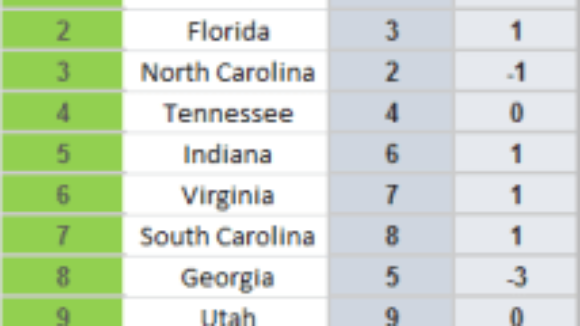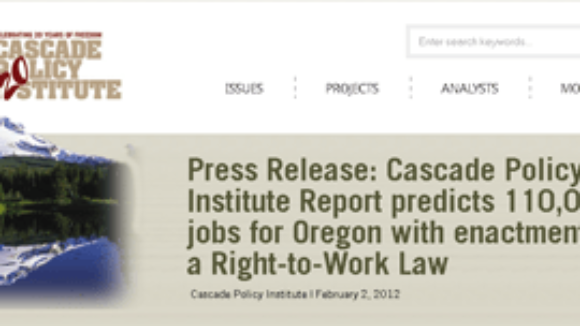Right To Work All Top 10 vs. Compulsory Unionism All Bottom 10
In Chief Executive Magazine's Best and Worst States for Business, all the top ten were from Right To Wok States. Unsurprisingly, Compulsory Unionism States took all bottom ten positions. States ranking from 1-10 are: Texas, Florida, North Carolina, Tennessee, Indiana, Virginia, South Carolina, Georgia, Utah, Arizona. States ranked from the worst, 50-41: California, New York, Illinois, Massachusetts, Michigan, New Jersey, Connecticut, Pennsylvania, Oregon, Hawaii. From the Chief Executive: 2012 Best & Worst States for business. Source: Chief Executive Magazine




